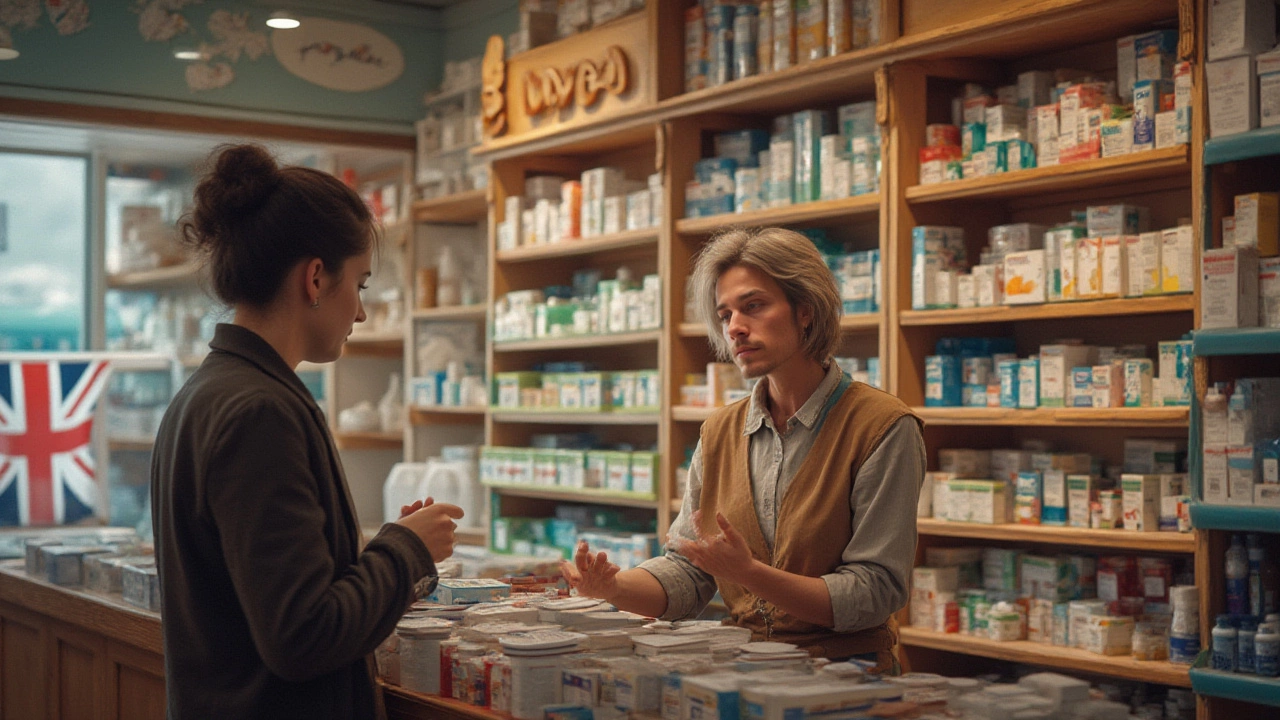Antibiotic Substitutes: Practical Alternatives for Everyday Infections
Antibiotics saved millions of lives, but overuse has created resistant bugs and side‑effects. That’s why many people look for other ways to fight infections. Below you’ll find simple, real‑world options that can help you stay healthy without reaching for a prescription every time.
Before you replace an antibiotic, ask yourself why you need it. If you have a mild skin scrape, a sore throat, or a urinary irritation, a natural antimicrobial or a supportive therapy might be enough. For serious, deep infections, however, doctors still recommend antibiotics because they work fast and reliably.
Common Natural Antimicrobials
Honey, especially medical‑grade Manuka, has been used for wounds for centuries. It draws fluid out of bacteria and creates a protective barrier. Apply a thin layer to a clean cut and cover with a bandage; you’ll notice less redness and quicker healing.
Garlic contains allicin, a compound that disrupts bacterial walls. Adding raw garlic to salads or soups can give your gut a gentle boost against minor bugs. If the smell bothers you, a garlic supplement works too, just follow the label.
Tea tree oil is a strong antiseptic for skin. Dilute a few drops in a carrier oil like coconut, then dab on acne, athlete’s foot, or a minor burn. Never use it undiluted – it can irritate healthy skin.
Medical Non‑Antibiotic Options
Probiotics add good bacteria that compete with harmful ones, especially in the gut and vagina. A daily yogurt or a high‑quality supplement can reduce the chance of infections after antibiotics or when you’re prone to yeast overgrowth.
Phage therapy uses viruses that target specific bacteria. It’s not widely available yet, but clinical trials show promise for stubborn infections that don’t respond to drugs. Keep an eye on research if you have a chronic issue.
Vaccines prime your immune system to recognize bacteria before they cause disease. Flu shots, pneumococcal vaccines, and the newer COVID‑19 shots are all examples of preventing infection without a single antibiotic dose.
When you decide to try an antibiotic substitute, start with the mildest option and watch how your body reacts. If symptoms get worse after 48‑72 hours, seek medical help – delayed treatment can make some infections harder to treat.
Practical tips: clean wounds with mild soap, keep them covered, and change dressings daily. Stay hydrated, eat a balanced diet rich in vitamins C and D, and get enough sleep – all of these support your natural defenses.
In short, antibiotic substitutes work well for minor, superficial infections and as a preventive boost. They’re not a blanket replacement for prescription drugs, but they give you extra tools when you want to avoid unnecessary antibiotics. Use them wisely, listen to your body, and don’t hesitate to call a professional if you’re unsure.
Best OTC Alternatives to Antibiotics: What Really Works?
Can anything bought without a prescription fight infections like antibiotics? Learn what works, what’s hype, and how to stay safe with OTC options.

